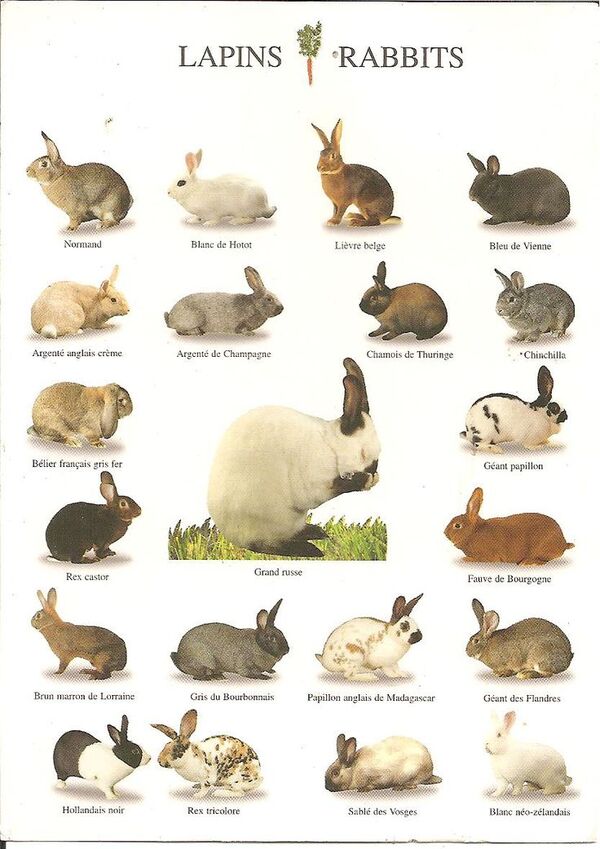Are you thinking about bringing a pet into your life but concerned about the time and effort involved in their care? No worries! We’ve compiled a list of ten animals that are easy to take care of, perfect for beginners. We’ll walk you through each animal's care requirements, making it easier for you to choose the right companion.
Care Level: Very Easy
Goldfish are often the first pet many people consider. They thrive in a spacious tank (at least 20 gallons) with a proper filtration system. Ensure the water is dechlorinated and change 25% weekly. Feed them high-quality fish flakes or pellets once or twice daily, but be careful not to overfeed!
Tip: Decorate their tank with plants and rocks for enrichment, but avoid sharp objects that could harm them.

Care Level: Very Easy
Betta fish are known for their stunning colors and flowing fins. A 5-gallon tank with a heater is ideal since they prefer warm water (around 78-80°F). Change the water weekly and feed them high-quality pellets. They can be territorial, so it's best to keep them alone or with non-aggressive species.
Tip: Use a tank with a lid, as bettas are known to jump!

Care Level: Easy
Hamsters are fun, small pets that are relatively easy to care for. They need a spacious cage (at least 24x12 inches), bedding, and a wheel for exercise. Feed them hamster pellets, fresh fruits, and vegetables in moderation. Clean their cage weekly to prevent odor.
Tip: Handle them gently, especially when they're waking up, as they can be grumpy.

Care Level: Easy
Gerbils are social and active little creatures. A tank with bedding and tunnels will keep them entertained. They should be kept in pairs for companionship. Feed them a balanced diet of pellets and fresh veggies, and clean their cage every couple of weeks.
Tip: Provide them with chew toys to keep their teeth healthy.

Care Level: Moderate
Guinea pigs are friendly and enjoy social interaction. They need a spacious cage with plenty of bedding and hay, which should be their primary food source. Supplement their diet with fresh veggies and pellets. Regular grooming is essential to keep their coats healthy.
Tip: They communicate through various sounds, so take the time to learn what they mean!

Care Level: Moderate
Cats are relatively independent pets, making them suitable for busy individuals. They require a litter box, high-quality cat food, and fresh water. Regular playtime and scratching posts will keep them engaged. Don’t forget annual vet visits for vaccinations!
Tip: Consider adopting an older cat, as they often require less training and can be more settled.

Care Level: Moderate to High
Dogs need more attention than other pets, but some breeds are easier to care for. Look for low-energy breeds like bulldogs or basset hounds if you want a calmer pet. Daily walks, social interaction, training, and regular vet check-ups are crucial.
Tip: Invest in a good leash and harness for walks to ensure their safety.

Care Level: Moderate
Rabbits are social and can be litter trained. They need a large enclosure, hay, fresh veggies, and pellets. They require daily interaction and exercise outside their cage. Regular grooming is essential to prevent matting.
Tip: Create a safe space for them to hop around and explore outside their cage.

Care Level: Moderate
Leopard geckos are one of the easiest reptiles for beginners. They need a terrarium with proper heating, hiding spots, and a diet of live insects. Maintain clean conditions by removing waste daily and changing substrate monthly.
Tip: Handle them gently to build trust; they can be great pets!

Care Level: Moderate
Budgies are cheerful, social birds that can be trained to talk. A spacious cage with toys and perches is essential. Feed them seeds, pellets, and fresh veggies. Regular interaction is crucial for their happiness.
Tip: Consider getting a pair; budgies are social creatures and thrive with companionship.
Choosing a pet that fits your lifestyle is key to a fulfilling experience for both you and your new companion. Start with these easy-to-care-for animals, and you’ll find joy in your pet ownership journey. Remember, even the simplest pets require love, attention, and care, so take your time to find the perfect match for your home!

Taking care of animals is not just about providing food and shelter; it’s about ensuring their overall well-being and happiness. Whether you’re a pet owner or someone who wants to help animals in your community, understanding how to properly care for them is essential. Let’s delve into the ultimate guide on how we can take care of animals effectively.
Balanced Diet:
Just like us, animals need a balanced diet to stay healthy. Research the dietary needs of your specific animal, whether it’s a dog, cat, rabbit, or even a fish. Make sure to provide high-quality food that meets their nutritional requirements.
Fresh Water:
Always ensure that your pets have access to clean, fresh water. Hydration is crucial for their health, so change their water daily and keep the bowls clean.
Comfortable Space:
Animals need a safe and comfortable space to live in. For pets, this means a clean, spacious area with cozy bedding. For outdoor animals, ensure their living area is secure and protected from predators.
Toxic Plants and Foods:
Be aware of any plants or foods that are toxic to your pets. Common household items like chocolate, grapes, and certain houseplants can be harmful.
Check-Ups:
Regular vet visits are essential for your animal's health. Schedule annual check-ups and stay up-to-date on vaccinations and preventative treatments for parasites.
Spaying/Neutering:
Consider spaying or neutering your pets to help control the pet population and prevent health issues later in life.
Physical Activity:
Animals need regular exercise to stay healthy and happy. Dogs require daily walks, while cats enjoy playtime with toys. Even small pets like hamsters need space to run and explore.
Mental Enrichment:
Provide toys and activities that stimulate your animal’s mind. Puzzle feeders, interactive toys, and training sessions can keep them engaged and prevent boredom.
Bonding Time:
Spend quality time with your pets to strengthen your bond. This could include cuddling, grooming, or simply being present with them. Social interaction is crucial for their emotional health.
Introduce Gradually:
If you’re bringing a new pet into your home, introduce them to existing pets gradually to ensure a smooth transition and reduce stress.
Body Language:
Learn to read your animal’s body language. Understanding their signals can help you respond appropriately to their needs. For instance, a wagging tail in dogs usually means they’re happy, while a hissing cat may feel threatened.
Respect Their Space:
Every animal has its own personality. Some may be more social, while others prefer solitude. Respecting their preferences can lead to a happier and more secure pet.
Regular Grooming:
Depending on the type of animal, regular grooming is essential. This includes brushing fur, trimming nails, and cleaning ears. Keeping your pet clean helps prevent health issues.
Bathing:
Only bathe your pets when necessary, as too frequent bathing can strip their natural oils. Always use pet-safe products to avoid skin irritations.
First Aid Kit:
Have a pet first aid kit on hand for emergencies. This should include bandages, antiseptic, and any necessary medications.
Emergency Plan:
Create a plan for your pets in case of emergencies, such as natural disasters. Make sure you have a safe place for them to go and know how to transport them if needed.
Taking care of animals is a rewarding responsibility that requires time, effort, and love. By providing proper nutrition, a safe environment, regular veterinary care, and emotional support, you can ensure that your pets lead happy and healthy lives. Remember, every animal deserves kindness and respect, so let’s do our best to care for them!
We created this article in conjunction with AI technology, then made sure it was fact-checked and edited by a Animals Top editor.